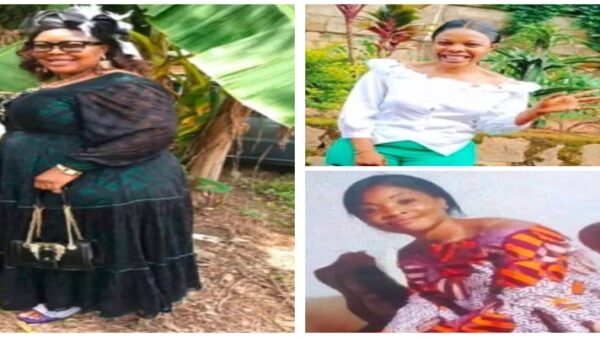Vice-President Yemi Osinbajo said the federal government has, over the years, deployed significant resources to address the challenges of education and health.
He said the federal government is committed to tackling human capital development and related issues in the country with the same zeal it shows in implementing social investment programs.
Osinbajo spokesman Laolu Akande in a statement Saturday in Abuja said the vice president practically gave a keynote speech at the Rauf Aregbesola Leadership Colloquium 2021.
The symposium on “Government and grand development: realities and solutions for Nigeria” was organized to mark the birthday of the Minister of the Interior.
Osinbajo spoke of the circumstances under which governments might need to intervene directly, including in human capital development.
“The direct intervention of the state government is crucial; you cannot have such conditions as in the country and not have direct government intervention.
“The point is that for many of the challenges a developing economy faces, there is very little immediate profit in the long run for private actors to address these challenges, but of course there are huge social gains. and economic in the medium and long term. harvest.
“In order to fill this gap, government must step in, government must step in.
“This intervention, in my opinion, is the stakes of great development. How do you educate Africa’s largest youth population?
“How do you ensure health care for this large number of people and for all the problems?” These are the big development problems we are facing; and we must be able to find solutions there ”,
The vice president said that the current administration, in its first budget, allocated 500 billion naira to our social investment program.
He said 500,000 young graduates were engaged in the N-Power program and that 9.5 million children were fed daily as part of the school feeding program just before COVID-19 in 34 states.
“The program employs over 135,000 cooks and over 100,000 smallholder farmers linked to the program, providing local ingredients.
“At one point, that translated into 594 cattle, 138,000 chickens, 6.8 million eggs, 83 metric tonnes of fish being bought, prepared and distributed every week.
“The higher scores for student enrollment in school, retention and student performance have all been empirically verified.
“There was also the government program for business and empowerment (GEEP) – TraderMoni, MarketMoni initiatives where microloans were offered to traders (around 2 million traders in all),” he said.
He explained that the programs were important because they were in many ways government efforts to directly create opportunities.
According to him, a country like Nigeria clearly needs a social protection program.
Osinbajo said that a situation in which those who can work and those without a job and the vulnerable are offered a way to earn something and opportunities is crucial.
In the health sector, he said that since the establishment of the administration, it had made some other actions of direct social investment type aimed at the development of human capital.
“After the adoption of the National Health Law in 2014, the federal government began in 2018 to include the minimum 1% portion of the treasury – amounting to 55 billion naira to finance the Healthcare Provision Fund. basic health care (BHCPF).
“The Fund is designed to provide a guaranteed package of health services to all Nigerians, through the national network of primary health care centers.”
In the area of education, Osinbajo said that since 2015, the federal government has provided more than 170 billion naira in matching grants to states and the CTF under the Universal Basic Education Program.
He said 8 billion naira had been disbursed in special education grants to states and private special education providers, and 34 billion naira from the Teachers Professional Development Fund to 36 states and the CTF.
The vice president added that the interventions were in line with the administration’s commitment to lift 100 million people out of poverty.
He praised the efforts and achievements of the former governor of Osun State with his socialist ideology.
“He stands out as a reason why one should at least have socialist blood while recognizing the fundamental role of markets and the public sector,” he said.
In addition to the organizer, other speakers and special guests at the symposium hosted by renowned broadcaster Mr. Boason Omofaye included the Governor of Kaduna State Mallam Nasir El-Rufai and Federation Statistician General Mr. Yemi Kale.
The President of the Nigerian Labor Congress, Mr. Ayuba Wabba, and the Vice-President of the Ibadan School of Government and Public Policy, Professor Tunji Olaopa, were also present
![]()






























































